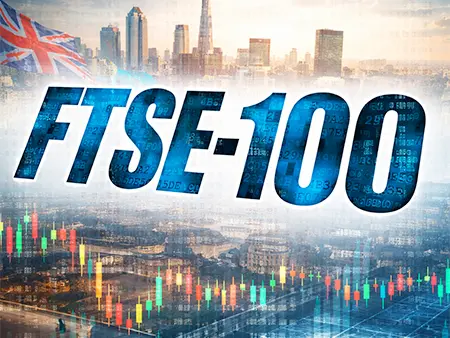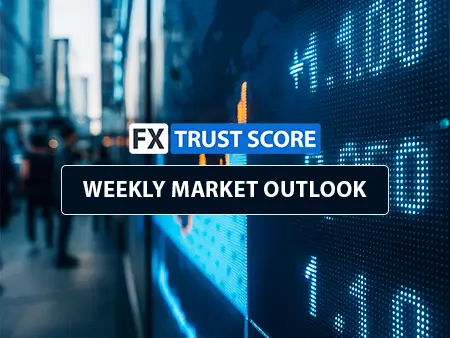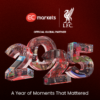Europe’s biggest lender has announced a $3 billion share buyback after missing second-quarter profit and revenue expectations.
HSBC has announced a $3 billion share buyback, while revealing a 29% second-quarter pre-tax profit drop to $6.3 billion. Officials blamed the decrease on impairment charges tied to its stake in China’s Bank of Communications and Hong Kong property exposure.
The bank recorded a $2.1 billion loss on its long-term investment in the Chinese lender, on top of a $3 billion loss earlier this year. Part of this came from a $1.1 billion hit after new shares were sold, which reduced HSBC’s overall stake.
Expected credit losses for Europe’s biggest lender rose to $1.9 billion. This represents an increase of $900 million year-on-year, largely driven by issues relating to Hong Kong’s real estate sector.
Despite the disappointing earnings figures, HSBC matched its previous dividend by declaring a second interim payout of 10 cents per share. The share buyback announced this quarter follows a $3 billion programme launched earlier in 2025.
HSBC’s reports mixed second-quarter results
Headline revenue for the first half of 2025 fell to $34.1 billion, declining $3.2 billion compared to 2024. The bank attributed this to the sale of its Canada and Argentina operations. Excluding this, company revenue climbed $1.9 billion to $35.4 billion thanks to strong wealth and equity market performance.
Meanwhile, in the UK, HSBC delivered solid results, with domestic profits rising 22% to $3.6 billion in the first six months of the year. Globally, operating expenses increased 10% year-on-year, totalling $17 billion, as the company continues its long-running restructuring and tech investment efforts.
HSBC has projected annual cost savings totalling up to $1.5 billion by the year 2027. The bank stated that it remains “on track” after spending $600 million in meeting cost-cutting goals so far this year.
HSBC CEO highlights ongoing market uncertainty
HSBC Group CEO Georges Elhedery cited “structural challenges” in the global economy as being the cause of ongoing uncertainty and market volatility. Commenting on the bank’s latest quarter figures, he also pointed to “broad-based tariffs” and “fiscal vulnerabilities.”
He said: “This is complicating the inflation and interest rate outlook creating greater uncertainty. Even before tariffs take effect, trade disruptions are reshaping the economic landscape.”
Further to this, in an official statement, the bank stated it was “well-positioned” to manage the uncertainty, including tariffs. Despite this, worsening conditions could push its future return on tangible equity below its 14% to 15% target range.
Moving forward, the bank is forecasting a $1.4 billion loss in Q4, linked to the sale of a French mortgage portfolio. It is restructuring its investment banking arm, scaling back in Europe and the Americas, shifting its focus to the Middle East and Asia.
At the same time, HSBC is preparing for a leadership shift as Group Chairman Mark Tucker steps down in September. Finding a successor for Tucker will likely be the banking group’s next major internal challenge.
Remember to keep track of all the latest Market News at FXTrustScore.com.






